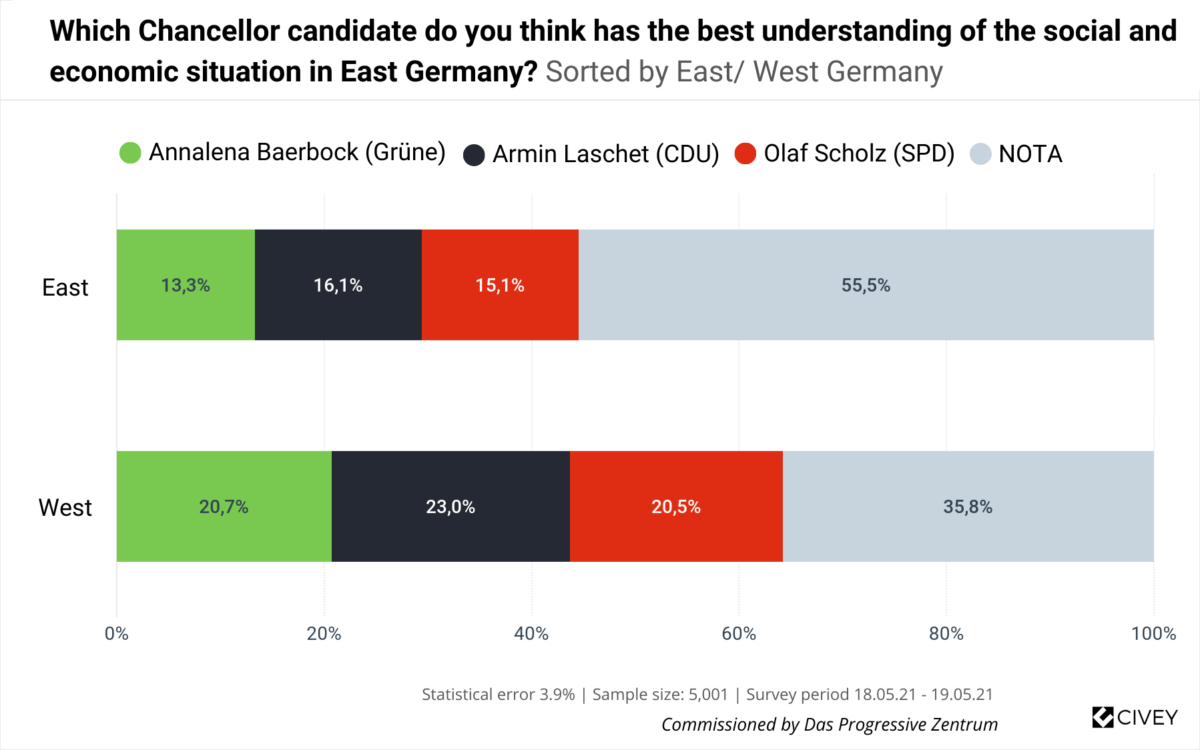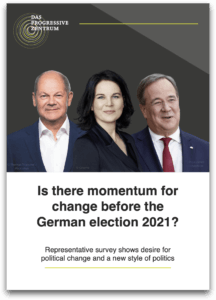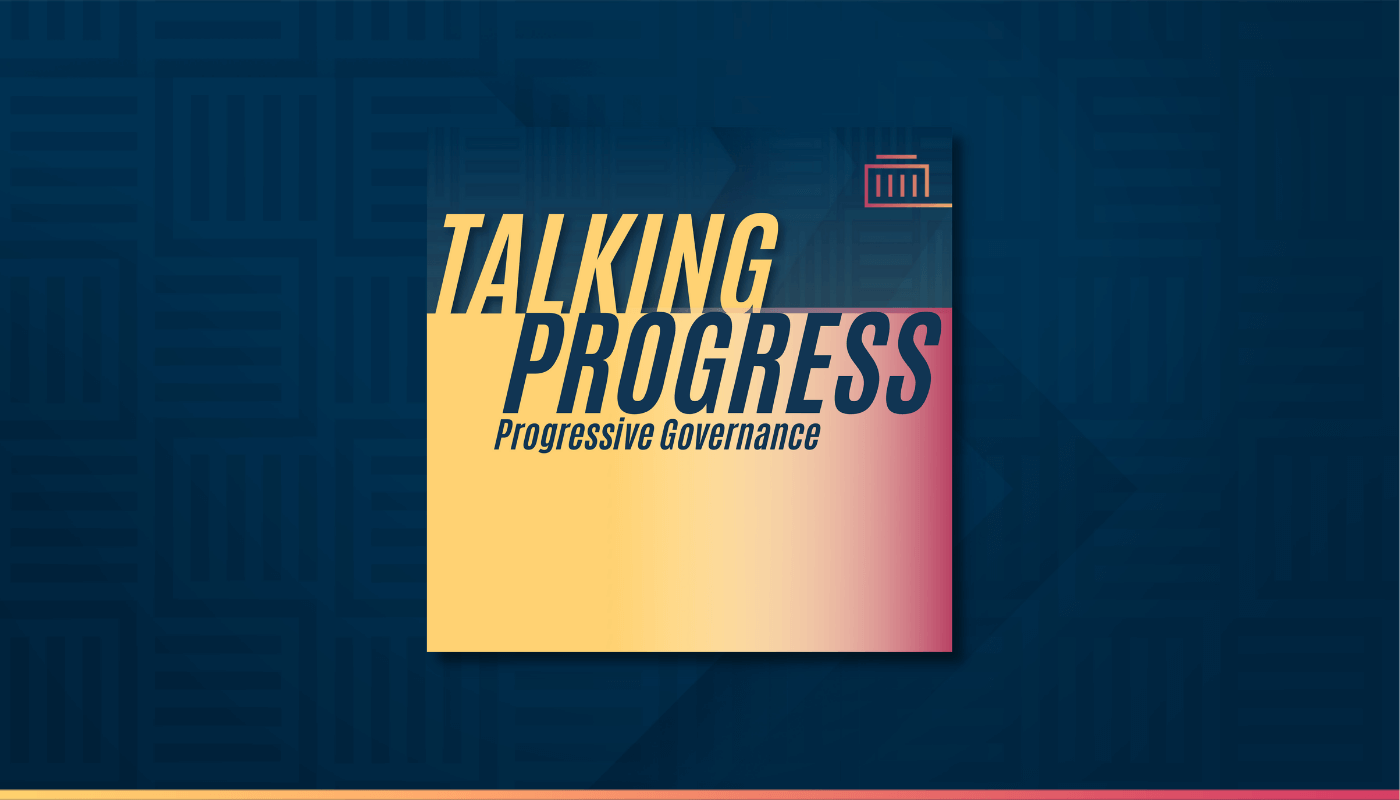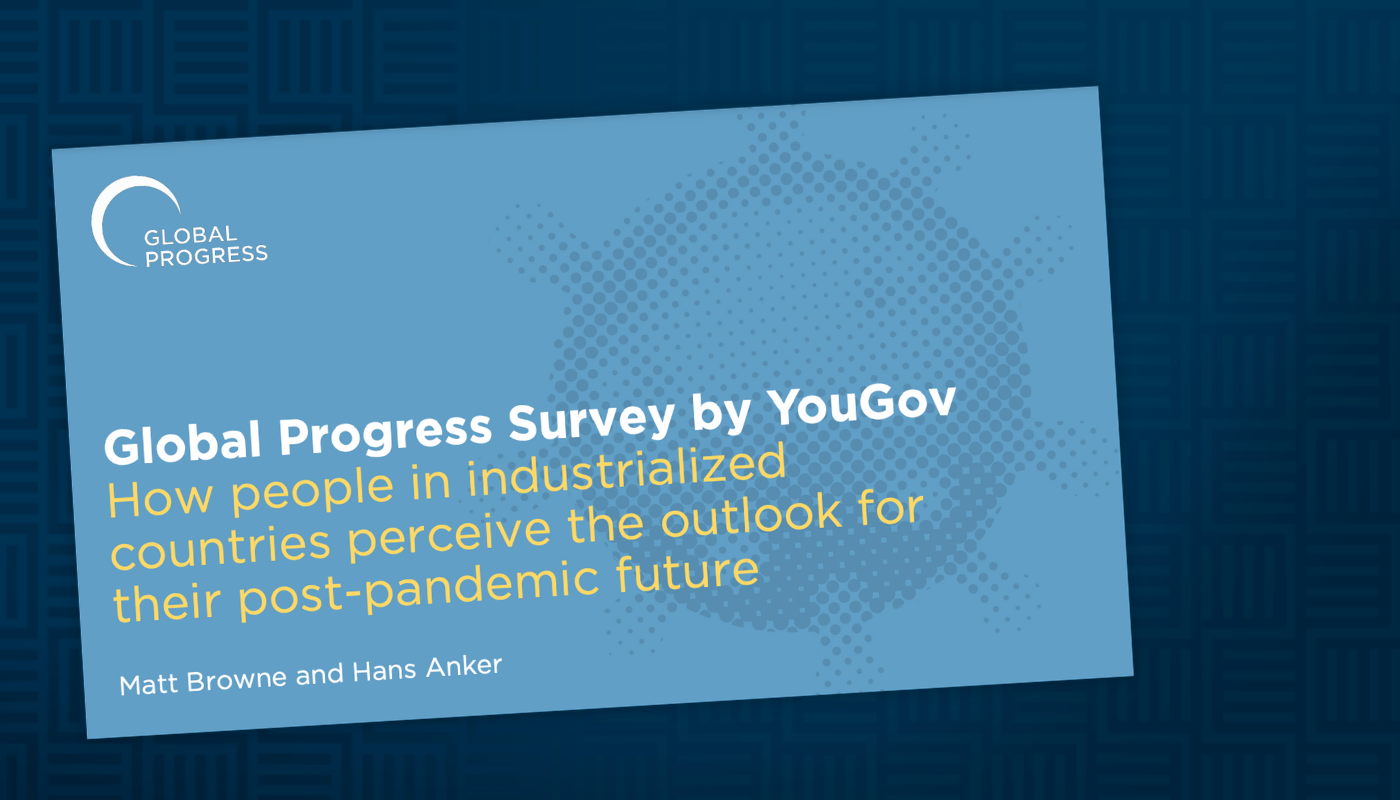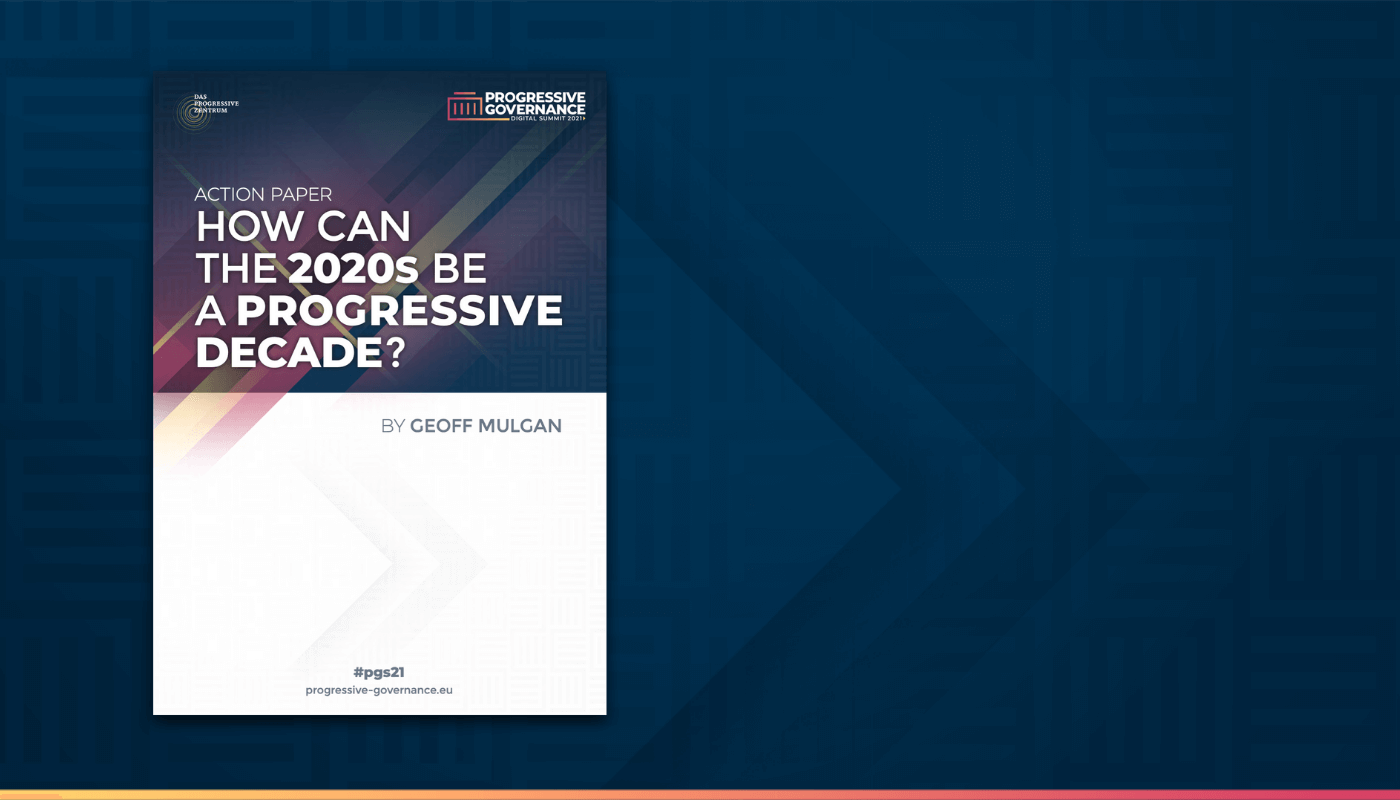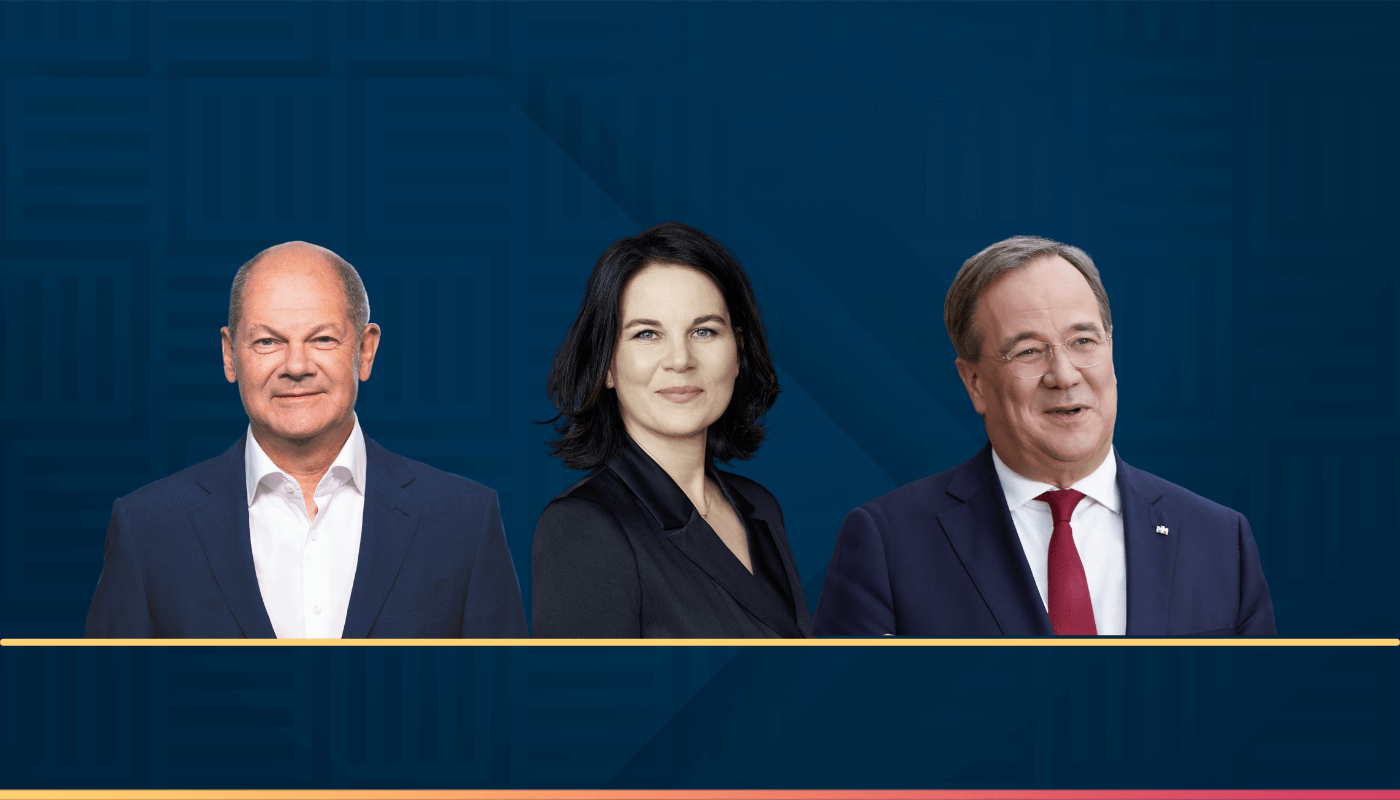
Is there momentum for change before the German election 2021?
Representative survey shows desire for political change and a new style of politics
By Das Progressive Zentrum & Civey
The majority of Germans want the future chancellor to adopt a new style of political leadership. This is the result of a representative survey commissioned by the Berlin-based think tank ‘Das Progressive Zentrum’ in mid-May 2021. According to the results, Angela Merkel’s successor should above all be courageous in ‘taking new bold paths’, be ‘willing to change’ and show ‘assertiveness’.
Dominic Schwickert, Managing Director of Das Progressive Zentrum, on the survey results: “The German population seems to feel a strong need for policies that actively shape and drive social progress instead of incrementalism. This desire for a new beginning and a hands-on style of politics does not divide the country, on the contrary: according to the survey results, it is shared widely in both East and West Germany – regardless of gender, age and level of education. What is special: The desire for change in Germany, which was last measured in this form in 1998 and 2005, currently appears to be at a record level. Important for the Chancellor candidates including the green party leader Annalena Baerbock, the conservative party leader Armin Laschet as well as the current vice-chancellor from the Social Democrats, Olaf Scholz, is: The candidate who most embodies this desire for a political change, fresh ideas and “the big lines” has a good chance of becoming the next German Chancellor in September 2021.’
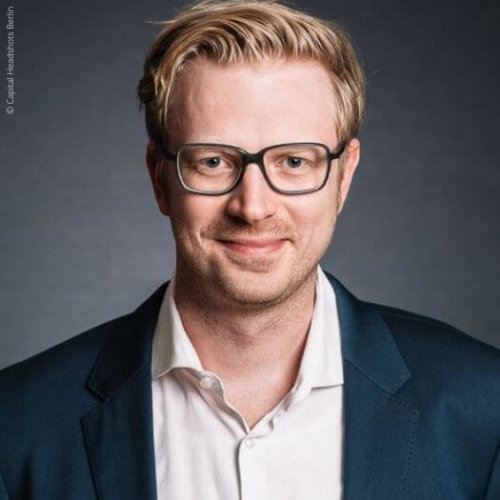
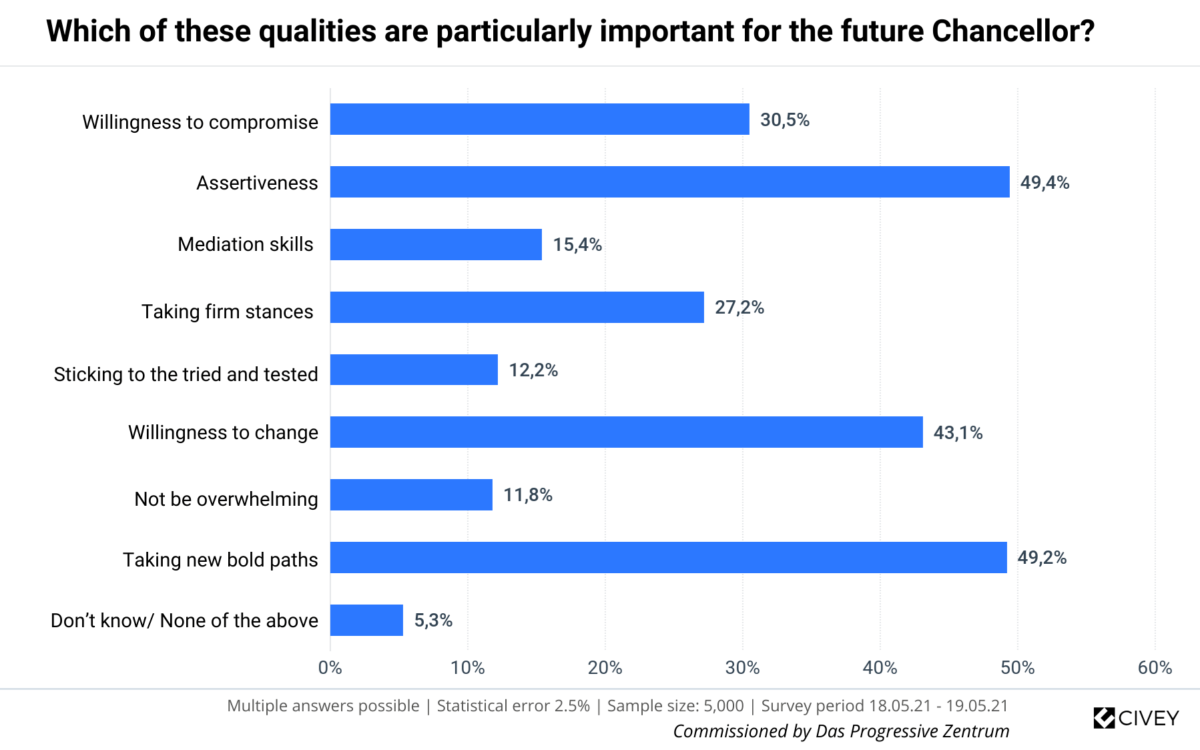
The majority of East Germans do not feel well represented by any of the candidates
The majority of East Germans do not feel well represented politically by any of the candidates for Chancellor. According to the survey, two-thirds of East Germans are convinced that none of the three candidates understands the social and economic situation in East Germany. Almost half of the East Germans do not trust any of the candidates to reduce social inequality in the country or to deal with the economic consequences of the pandemic.

Prof. Wolfgang Schroeder, Chairman of the Scientific Advisory Board at Das Progressive Zentrum, on the survey results:
- ‘It seems people in East Germany do not perceive any of the three candidates as their own. Even Annalena Baerbock and Olaf Scholz, who are both competing for a direct mandate in Potsdam, cannot claim an “East bonus” for themselves. Ultimately, all three of Angela Merkel’s successor aspirants still have some convincing to do in East Germany.’
- ‘Especially in the event of a close race for the chancellorship, the CDU/CSU, the Greens and the SPD would be well advised to tap the dormant voter potential in East Germany. In order to be successful, all three candidates for Chancellor must win over the “mobile marginal voters” from the other parties beyond their own clientele.’
- ‘More than half of the East German electorate has not yet formed a final opinion on the three candidates for chancellor. The key to the 2021 federal election could once again be the “East-West paradox”: It may not be possible to win the federal election in East Germany – but it is very possible to lose it.’
